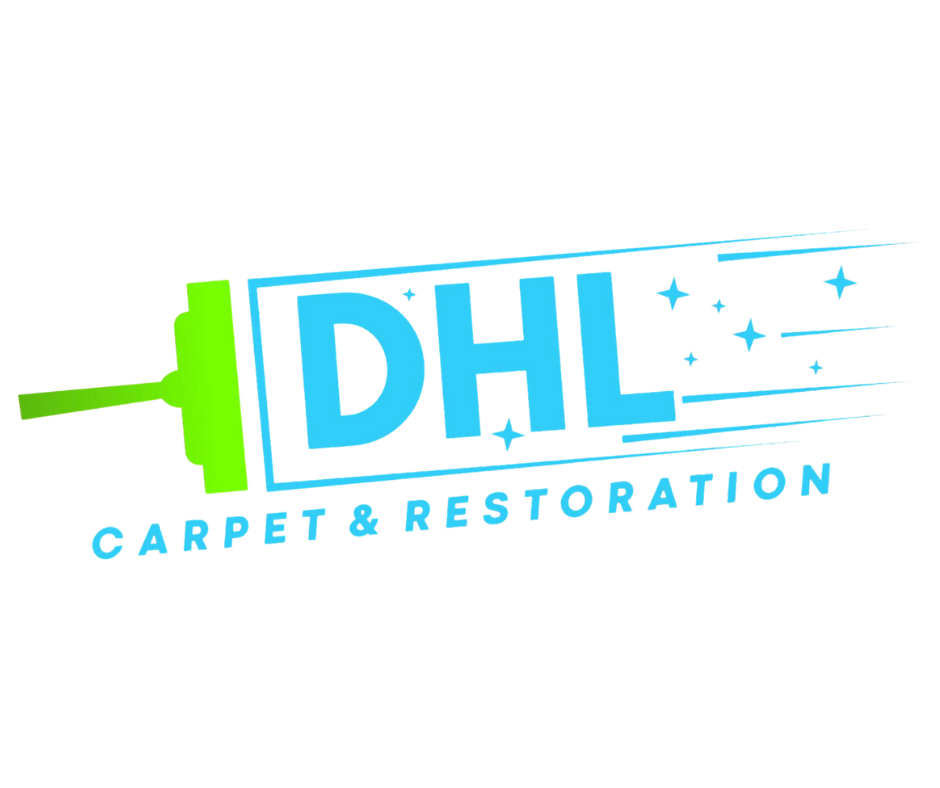Basements are uniquely vulnerable to mold in New Jersey. Seasonal storms, fluctuating groundwater, and high summer humidity can create damp conditions that invite mold to colonize drywall, wood framing, and stored belongings. Because basements often serve as utility rooms, home offices, gyms, or play spaces, restoring clean, dry conditions is a priority for many households. This guide explains how professional basement mold mitigation works, what steps protect the rest of your home during the process, and which prevention strategies keep the lower level dry for the long term. For efficient, safe results, many homeowners rely on experienced local teams that provide comprehensive mold mitigation services tailored to basement environments.
Basement conditions vary widely—from finished living spaces to storage areas with exposed foundations. Regardless of the layout, the most important steps are controlling water entry, removing contaminated materials, cleaning thoroughly, and drying the structure to target levels.
Why Basements Develop Mold
- Hydrostatic pressure forcing moisture through foundation walls
- Poor grading or short downspouts directing water toward the house
- Cracks and penetrations in the foundation that allow seepage
- Condensation on cool concrete, metal, or uninsulated ducts
- Appliance leaks from water heaters, dehumidifiers, or washers
- Inadequate ventilation or closed-off rooms that trap humidity
Even minor seepage or seasonal dampness can cause musty odors and discoloration on baseboards, carpet tack strips, or bottom edges of drywall. Early intervention protects finishes and stored items.
Professional Basement Mitigation: Step by Step
-
Assessment and mapping: Technicians document visible growth, odors, and moisture readings. Thermal imaging helps identify hidden dampness along rim joists, behind insulation, and under flooring.
-
Containment: Poly barriers and zipper doors isolate the basement from upper floors. Negative air and HEPA filtration reduce particle migration.
-
Selective removal: Water-damaged drywall, baseboards, insulation, and carpet pad are removed if colonized. Framing and masonry are cleaned and evaluated for structural integrity.
-
Cleaning and HEPA vacuuming: Surfaces are vacuumed and damp-wiped to remove settled particulates from walls, floors, joists, and mechanical equipment exteriors.
-
Drying: Dehumidifiers and air movers bring materials to target moisture levels. Drying may include focused airflow on sills, studs, and subfloors.
-
Verification: Visual checks and moisture readings confirm that the basement is clean and dry before rebuilding begins.
Source Control and Waterproofing Considerations
- Improve exterior drainage: Extend downspouts and adjust grading to move water away
- Seal wall penetrations and cracks with appropriate materials
- Consider interior drain systems and sump pumps where necessary
- Insulate and air-seal rim joists to reduce condensation
- Ventilate laundry areas and install floor drains where practical
- Use basement-rated flooring and avoid padding that traps moisture
Protecting the Rest of the Home
Containment, negative pressure, and HEPA air filtration are essential when work occurs below main living areas. Pathways to the basement are protected, and daily cleanup prevents tracked dust. Clear communication about when equipment will run, which doors to use, and how to navigate around work zones helps the household function comfortably during the project.
Finishes and Materials That Perform Better
- Inorganic wall systems or finishes designed for below-grade spaces
- Moisture-tolerant flooring that can be removed and dried if needed
- Closed-cell insulation in strategic locations, installed with attention to air sealing
- Vapor-aware wall assemblies that avoid trapping moisture
Choosing a New Jersey Basement Specialist
Ask prospective providers about their basement-specific experience, waterproofing partnerships, and documentation. You want clear containment plans, moisture targets, and a strategy for coordinating any necessary repairs. Homeowners often get the best results from local teams that focus on comprehensive mold mitigation services and understand the unique challenges of below-grade environments in New Jersey.
Maintenance and Prevention After Mitigation
- Operate a properly sized dehumidifier during humid months
- Keep gutters clean and ensure downspouts discharge far from the foundation
- Inspect the sump system periodically and test functionality
- Seal air leaks around rim joists and utility penetrations
- Use exhaust fans when washing and drying clothes
- Store items off the floor on shelving to allow airflow
Frequently Asked Questions
Do all basements need waterproofing? Not necessarily. Some need only drainage improvements and humidity control. Others benefit from interior drains or exterior work. An assessment identifies the right solution.
Can finished basements be saved? Often, yes. Selective removal of damaged materials, thorough cleaning, and drying can prepare the space for restoration with more moisture-tolerant finishes.
Will equipment be noisy? Air movers and dehumidifiers do produce sound. Teams can plan operation times to minimize disruption.
Is testing required? Many projects rely on visual and moisture verification. Third-party clearance can be arranged if stakeholders prefer.
How long does drying take? It varies with material type, extent of moisture, and environmental conditions. Professionals monitor progress and adjust equipment as needed.
What if water returns? Recurrent moisture can lead to new growth. Long-term success depends on drainage improvements, air sealing, insulation, and humidity control.
Your Next Step
Basement mold does not resolve on its own. Addressing it promptly protects your home’s structure and the air you breathe. Start with a professional assessment, implement containment and cleaning, and follow through with targeted waterproofing and humidity control. Connect with New Jersey experts who deliver dependable mold mitigation services for basements and restore confidence in your lower level.

